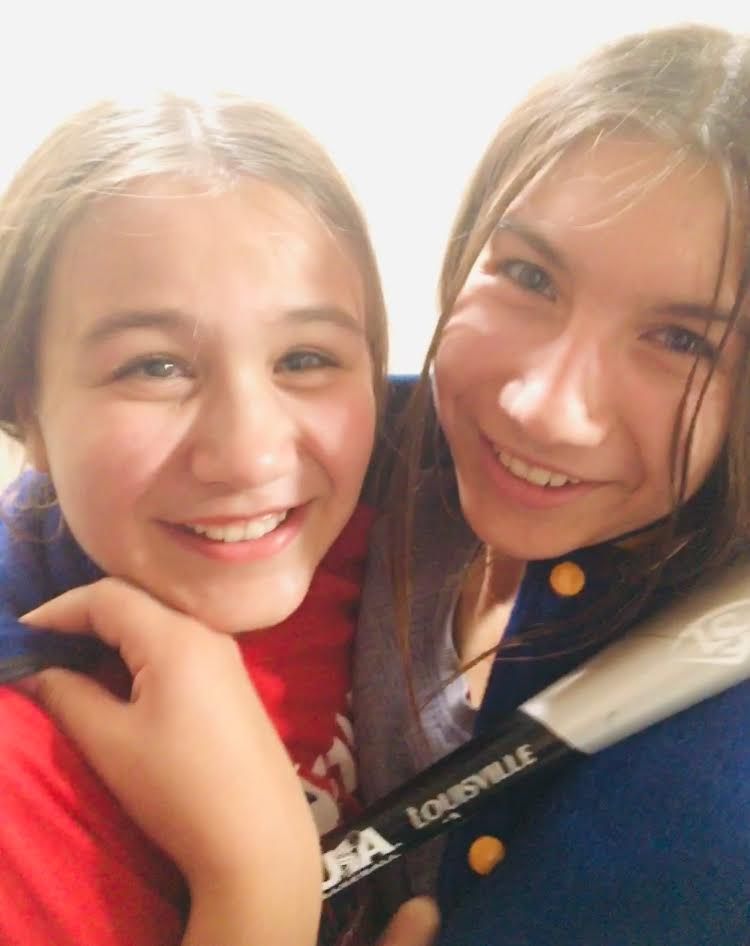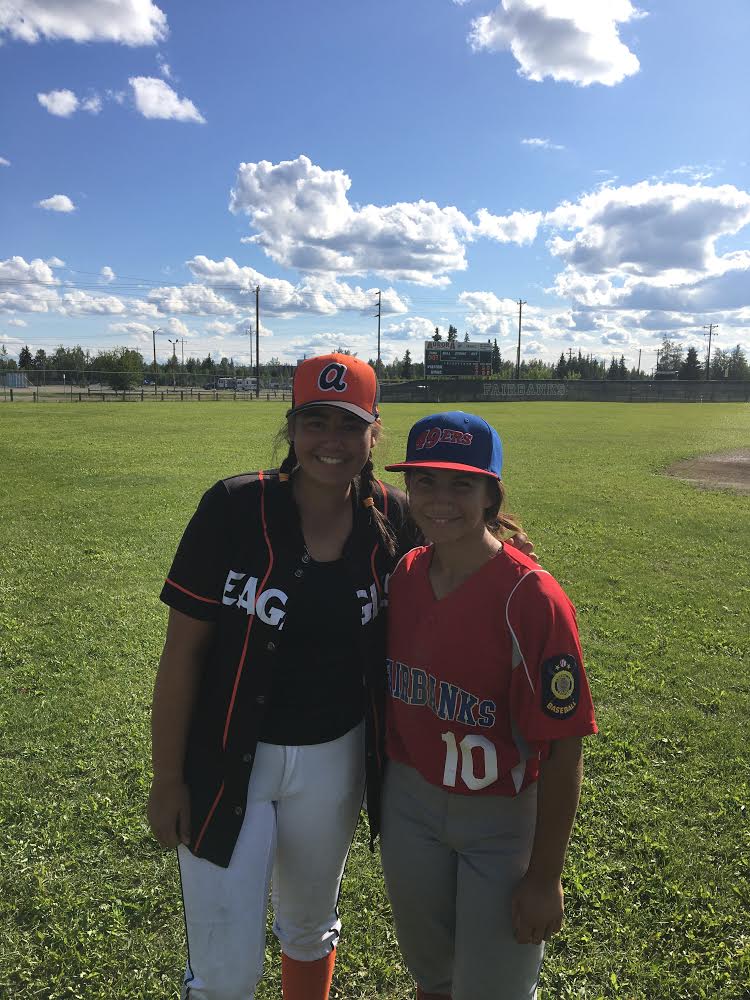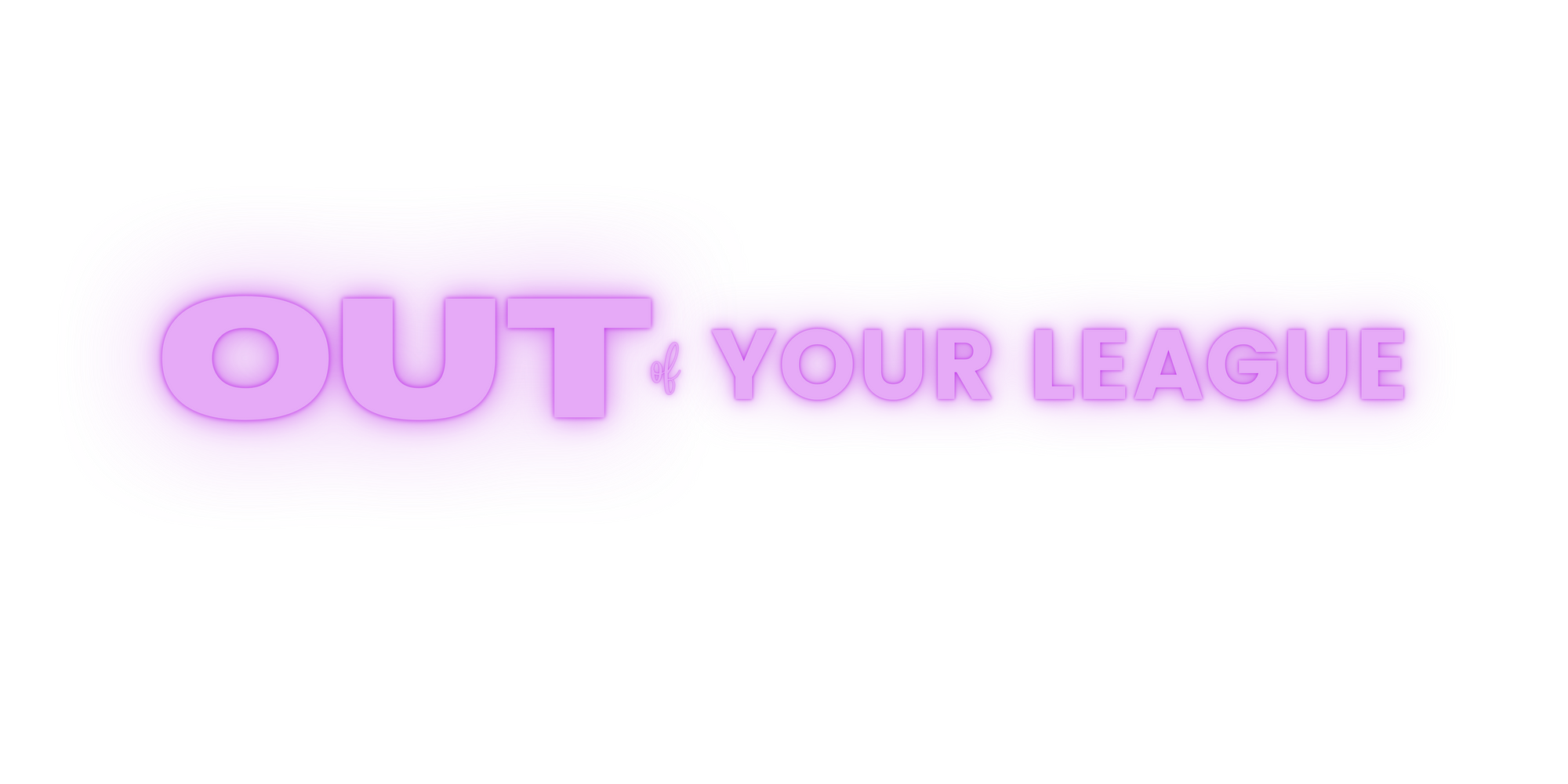do I even want to be a sportswriter anymore?
or will there ever be a place for me in this industry?

Let’s get this out of the way up top: no, I’m not considering changing careers or no longer writing about sports. But the last few weeks have had me questioning what my place in this industry is.
It’s been a really bad month for establishment sportswriting. Bad, bad, bad. Bad like the man with the biggest platform in baseball media publishing the names of women who had been harassed by a MLB pitcher while essentially doing PR for said pitcher. Bad like a white man using Hank Aaron’s death to write a piece about why he thinks Barry Bonds is trash. Bad like multiple columns defending the choice to vote a Nazi into the Baseball Hall of Fame. Bad like one man interviewing a neuroscientist to try to explain his decision to vote a Nazi into the Baseball Hall of Fame. Bad like a white woman getting a promotion by announcing herself as “a different voice” and then accusing Black women who criticized the lack of diversity in the industry of having “pitchforks” and attacking her. Bad like this Bob Ryan tweet:
It’s been so bad, in fact, that I have been looking at the field I thought I loved so much and have dreamed of working in my entire life and wondered why? These cishet white men are out here making big money with their big platforms and their permanent jobs as fixtures of the industry and they’re an absolute joke. They’re not even any good at their jobs. They’ve never been good at their jobs. And they get accolades for this shit. Is this really what I want to be doing?
The answer, of course, is no. It’s never what I wanted to be doing. I got into sportswriting so I could write the kinds of stories I wanted to read but that didn’t seem to exist. I wanted to write content for sports fans like me, who didn’t see themselves represented among the voices churning out content. But the answer is also yes. I never wanted to be writing what they were writing but maybe, on some level, I wanted to do some degree of what they were doing. I wanted to be hired by a big outlet and looked to as a journalist people could count on for content and analysis. I wanted to make it.
Lately, however, I’ve been re-evaluating what my definition of “making it” truly is. By most objective measures of success, I have “made it.” I write big stories for mainstream outlets. I am publishing a book from a mainstream press later this year. I have a relatively large platform on social media. What I’ve never had, though, is a salaried job with benefits. I am a full-time freelancer who has elbowed my way into the industry and somewhat stubbornly planted myself there, helped in part by my whiteness and (when I started) proximity to cishet culture. I may be getting big bylines but I am lucky if I make $30,000 in a year. In most ways that matter, I’m still an outsider in this industry.
But I’ve also refused to water down my work or not say the thing that will make waves. I believe that my outspokenness likely makes me unhirable by a major outlet. I’m what a superior of mine at a former social work job referred to as “a loose cannon” shortly before pushing me out of my job—unwilling to keep my mouth shut about injustice or things I think are wrong. Unafraid to criticize the leagues I need access to and from in order to be good at my job. Unbothered by the idea of taking on titans of the industry when I think they’re wrong.
I received rejections for two different full-time sports writing jobs this week without even getting an interview for them. I know I’m qualified and I’m doing work that not a lot of other people are doing; the fact that I can’t even get an interview makes me wonder if there will ever be a place for me in this industry. I honestly don’t know.
Perhaps my recent (yet ongoing) frustrations with traditional sports media make this the perfect time for the long-simmering project I’ve been part of for the past six months to drop. It’s serendipitous, kind of. The first issue of Publication To Be Named Later, a worker-owned sports quarterly that will not actually be named later, went live this week. It was a crowdfunded labor of love started by furloughed SB Nation employees and its goal was for a diverse group of writers to create irreverent and timely sports content. The art and design for the issue is by the incomparable Tyson Whiting.
I think we succeeded. The theme of the first issue is Resilience, and I wrote about the (likely) only three girls playing baseball in the state of Alaska and the sacrifice they make—and miles they travel—to play the sport they love. The story began as part of my Longreads column but was never finished. I spent a year-and-a-half reporting it, periodically checking in on the Chernich sisters, and I’m so glad it’s finally out in the world. You can read it by going to pubtbnl.com and naming your price, starting as low as $1.
(A quick story about how this story even came about because I always love knowing how people discover the stories they write: in 2018, I attended Baseball for All Nationals in Rockford, Illinois while reporting a story I wrote for Lenny Letter (RIP) about two all-girls teams, one in Boston and one in Washington, D.C. I was buying merch for my kids when I heard the people behind me in line say they were from Alaska. A year later, BFA’s social media account posted a video of Nadia Chernich and mentioned she was from Alaska and I remembered the family from the merch line. I asked to be put in touch with her and her family, and that’s when I discovered there were actually two Chernich sisters playing ball.)

I also discovered Athena Clendaniel, playing 350 miles south of the sisters, in Anchorage. The photo below is from the game described at the end of my story, the first time Athena had ever faced another girl on the field outside of an all-girls event.

It’s been really cool to work with a group of people who wanted to create something fun and different. I’m blown away by the fact that three of us on that masthead are trans, something virtually unheard of in sportswriting. I’m proud of what we created and I look forward to the next issue, which will have an entirely new group of writers and, therefore, a completely different voice.
I was talking to a friend about how the entire sports world seemed to be on fire these last few weeks, wondering if things have gotten worse. In a way, they have. But I believe—am choosing to believe—that’s because we are at a tipping point. I think things that were acceptable in the past no longer are. What we are seeing is an implosion. Things have to get messy—worse, even—before they get better. But I believe this mess is indicative of better things to come. It’s what I have to hope for. Otherwise, what would be the point of continuing to do this work?
Here’s to better things and continuing to push for change.
Listen to Me Talk
I appeared on the Trans Sporter Room podcast with Outsports’ Karleigh Chardonnay Webb and Dawn Ennis to talk about my recent Inside Hook story. You can listen below:
Odds and Ends
Congratulations to Layshia Clarendon on their top surgery! It’s beautiful to see him living her truth and sharing their story openly with the world. It’s going to help so many people. Seeing the league support her has been really wonderful, too.
If you haven’t been following the NWHL, it’s been a little bit of a shitshow. The hockey has been great but off the ice, the league has imploded a bit. I’m not going to get into it here, but you can read a general rundown if you want to know more. Unfortunately, Saroya Tinker’s rookie season had to be cut short because of a COVID-19 outbreak on her team. Tinker has been outspoken about racism, has faced a hostile working environment from some of her teammates, and was attacked by Dave Portney and Barstool Sports for (accurately) calling the website “white supremacist.” If you’d like to support her, there are two great ways to do that:
Buy a Tinker jersey! Players get a cut of their jersey sales and, in a league where salaries are low, this matters quite a bit. Show Tinker AND the NWHL that there is a market for people and a culture that is justice-oriented.
Donate to Tinker’s Black Girl Hockey Club Scholarship Fund! Tinker was raising money for BGHC scholarships this season. Let’s blow it up.
